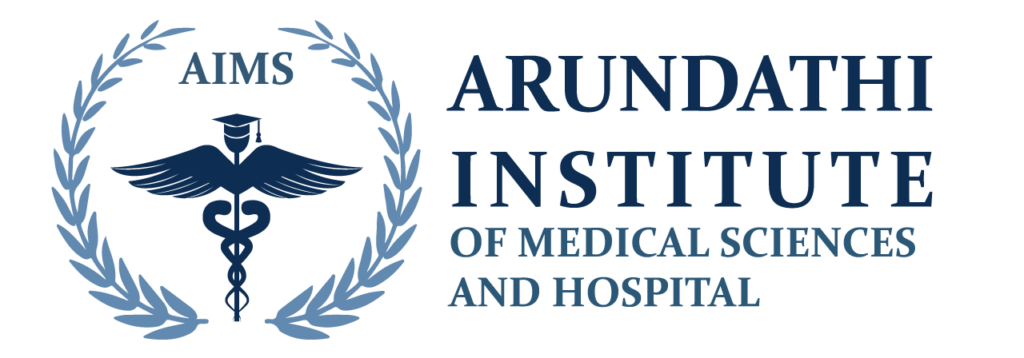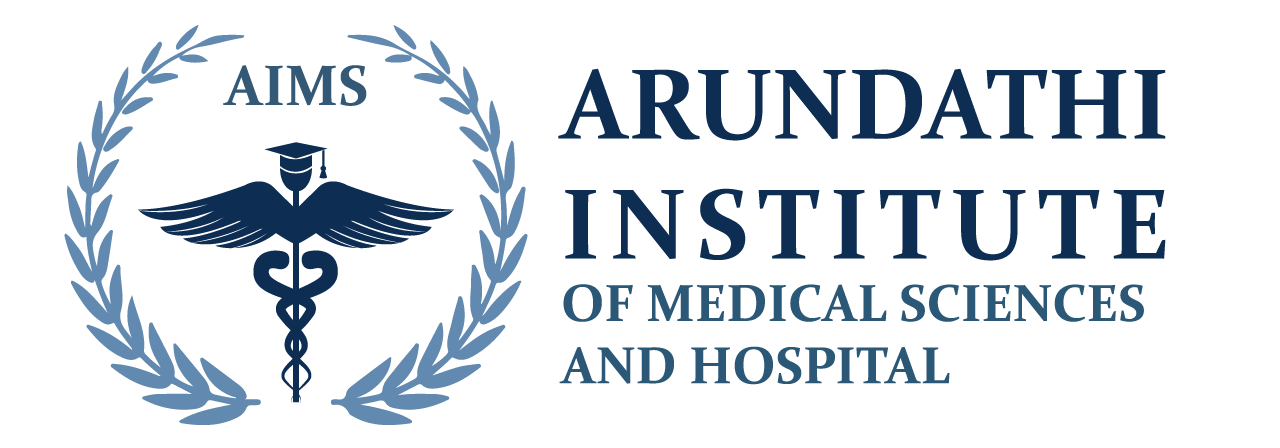Overview of Department:
The department has state-of-the-art facilities for training undergraduate students in Community Medicine. Assistance to central and state governments in implementation of various national health programs through monitoring and evaluation and providing assessment reports and constructive feedback. It has state-of-the-art facilities for training undergraduate students in Community Medicine The department has been involved in the planning, implementation, monitoring and evaluation of health programs and activities in its vast field practice area.
M.B.B.S students’ training in Community Medicine starts from 1st Year nd continues till 4th Year. Medical students teaching and training includes Lectures, Small Group Discussions, Seminars, Clinico-social Case Discussions, Problem solving exercises, Field Visits and Laboratory work.
Courses Offered:
MBBS Course:
Community oriented training is given to MBBS students as follows.
They are taken to field practice areas and are exposed to local health problems. The methodology of carrying out surveys is explained. The types of instruction include both observational and participatory.
- Nutrition, Socio-demographic & morbidity surveys
- Family health advisory services, home visits
- Reproductive & Child health care
- Outreach activities (Health Awareness Programmes)
- Specialist clinics are conducted every week on Thursdays
- Clinico – social case studies are conducted on cases from OPD as well as from wards.
- The students are exposed to various important institutions / organizations of Public Health importance.
- At the end of the above programme, the students present the observations on their visits / Clinico-Social cases and these are discussed objectively. All the staff members take part in the discussions.
- Short assessment test is conducted on the penultimate day of each postings and adequate feed back is given to the students.
- After successful completion of final year, the MBBS students are posted to community medicine department for 2 months as a part of compulsory Rotating Internship (CRRI) in batches of 21 – 24 students. CRRIs are given training in Primary Health Centre and Urban Health Centre and in other Public Health Institutions.
- Training in clinical diagnosis & management of common diseases in Rural settings.
- Exposure & hands –on experience in District Health Care system
- Management training through assistance to the concerned Medical Officer
- Training in Journal club presentations, seminars and recent advances in health care
- Doctor-patient relationship – emphasis on care & compassion especially for the socially disadvantaged (Non scholastic ability)
Library: Departmental library is provided with more than 108 books and two desktops with an internet facility.
Core Competencies
- Epidemiology
- Health management
- Health education
- Primary Health Care
- Monitoring and evaluation of health program
- Biostatistics
- Disease prevention and control strategies.
- Community Health Research.

